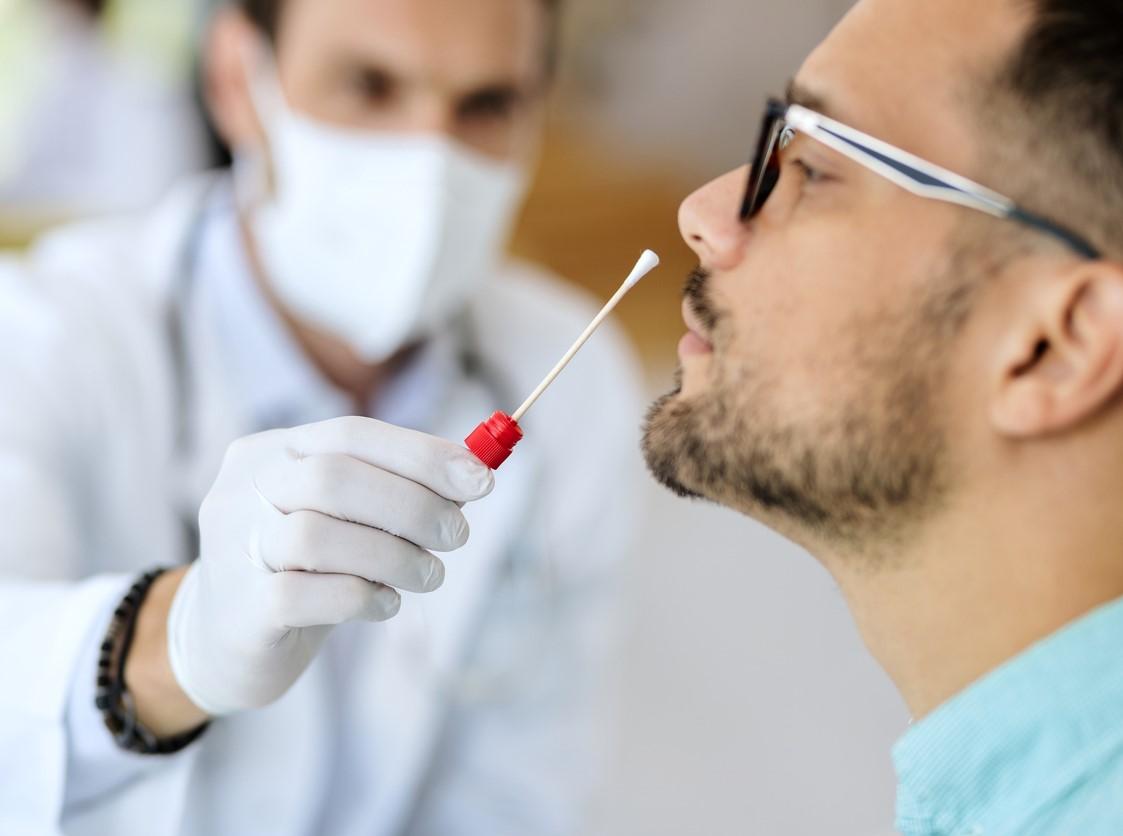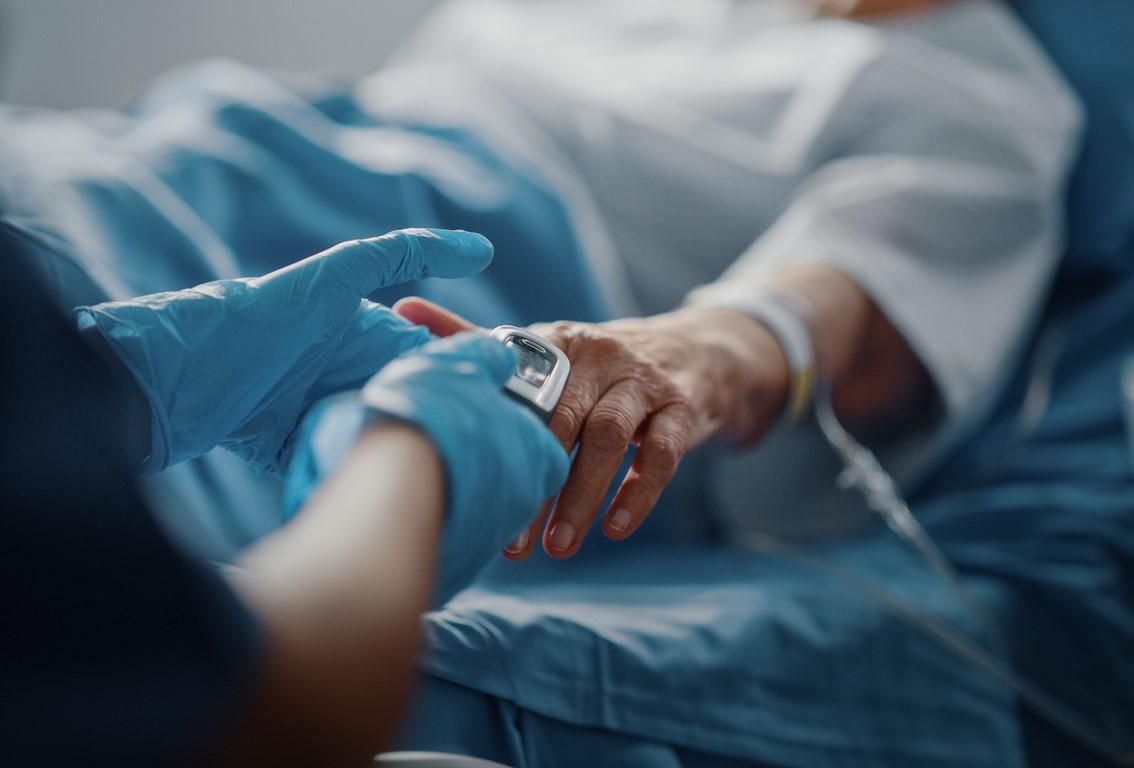
A nasal swab-based rapid test for methicillin-resistant Staphylococcus aureus (MRSA) helped reduce unnecessary antibiotic treatment in patients with pneumonia, Chinese researchers reported last week in Antimicrobial Resistance & Infection Control.
For the prospective study, which was conducted at a tertiary general hospital in China, researchers collected nasal swabs from 300 pneumonia patients and tested them with a rapid polymerase chain reaction (PCR) test for MRSA colonization. The aim of the study was to see whether rapid nasal-swab PCR testing for MRSA could help reduce anti-MRSA therapy, which is used in up to one-third of hospitalized pneumonia patients but is frequently unnecessary.
Half of the patients were assigned to the notification group (NG), in which attending clinicians were notified of test results, and the other half to the control group (CG). The primary outcome was the duration of MRSA-targeted antibiotics (vancomycin, linezolid, and teicoplanin). Secondary outcomes included adverse events, costs, and in-hospital mortality.
Shorter course of therapy in notification group
Rapid testing detected MRSA in 16 (5.3%) of the 300 patients. The average duration of anti-MRSA therapy in the NG was 5.7 days, compared with 7.9 days in the CG. NG patients had fewer renal injuries than CG patients (1.3% vs 8%), as well as lower antibiotic costs ($622 vs $882), and did not see an increase in in-hospital mortality (12.7% vs 16.7%).
The researchers also found that clinicians in the NG were more willing to change antibiotics than those in the CG (44.5% vs 14.7%) and that most stopped anti-MRSA treatment within 4 days, compared with 6 days in the CG. A multivariate analysis showed that being in the NG was an independent influencing factor for stopping anti-MRSA treatment within 4 days (odds ratio, 4.5; 95% confidence interval, 2.6 to 7.9).
"In conclusion, the nasal swab-based PCR screening method could help reduce unnecessary anti-MRSA treatment more quickly," the study authors wrote. "Early management of antimicrobials to reduce the experience of anti-MRSA drug treatment reduce the side effects of antibacterial drugs, and also help reduce the economic burden of antibiotic treatment."















